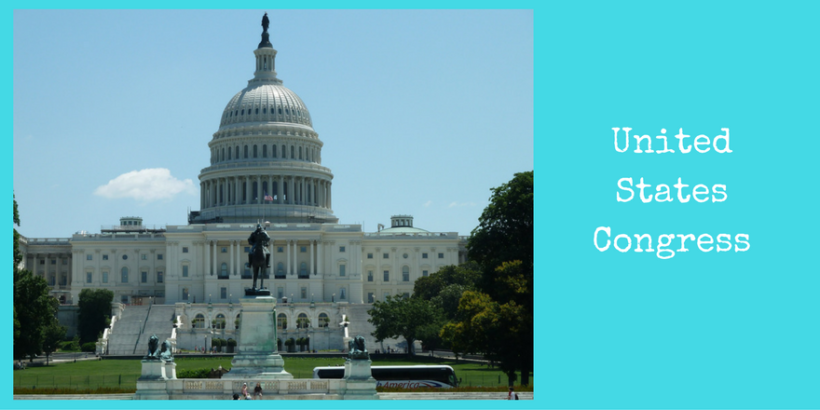Statement of Representative Tom Petri
U.S. House of Representatives
Before the Subcommittee on Government Management, Information and Technology
of the House Committee on Government Reform and Oversight
Hearing on Multiracial Identification
23 April 1997
Testimony of Rep. Tom Petri
to
Subcommittee on Government Management,
Information and Technology
April 23, 1997
Thank you Mr. Chairman. I first became interested in the issue of the racial classification question on the census and other government forms, and specifically the lack of a category by which people of mixed race ancestry can adequately define themselves, when I was the ranking member on the Census Subcommittee of the old Post Office and Civil Service Committee. As our committee reviewed the results of the 1990 census and heard from many points of view on its merits and defects I felt that the lack of a multiracial category was an oversight which should not be repeated in the 2000 census.
This may seem a small matter to some. However, one of the great sources of strength in our country is the melding of many great cultures and traditions from around the world into one. As each of us can take pride in being an American, we can also take pride in our own ancestral heritage and its contributions to American society. When we exclude an entire category of people on a government form such as the census we are denying these people recognition of their unique place in society. Here we have an official form of the United States government telling them that they don't quite fit in. In the case of multiracial individuals we are asking them to choose between one part of their heritage and another — between one parent and the other, or possibly between four different grandparents. When golfer Tiger Woods fills out his census form, why should he have to choose between his African-American father and Asian-American mother? I'm sure he's proud of both parents and both heritages. The current categories force him to deny half of his heritage.
This principle is not dependent on the size of the group in question, and I would support including a multiracial category regardless of the number of people involved, but I do think it is worth noting that this group which is not recognized as a distinct category is growing by leaps and bounds. Interracial marriages doubled in the 60s and tripled in the 70s. By 1990 the Census Bureau counted 1.5 million interracial couples. Naturally, with more interracial couples, we have more multiracial offspring. Whereas there were less than half a million children of interracial couples in 1970, there are believed to be over 2 million today. This may be small as a percentage of the entire population but it is obviously a significant number of people.
I don't think the choice of "other" is an acceptable option. These individuals don't think of themselves as an "other" and it suggests some type of second class citizenship — almost an afterthought in the population.
Some have suggested allowing people to check more than one category if they are multiracial. While this comes a bit closer to addressing the issue I think it would be problematic. The statistics generated from this question on the census form are used in all types of research and assist public policymakers. The statistics will not be reliable if the categories add to more than 100%. For example, when developing social policy we might want to know how those people living in poverty are divided along racial lines or when considering health policy we may want to know if a given disease has a disparate effect on one race or another. If the percentages of the races add to more than 100% it will cause confusion and policymakers will not get a clear picture of the problems at hand.
Since I introduced my bill in the last Congress to require the inclusion of the multiracial category, which has been reintroduced this Congress as H.R. 830, I have had the opportunity to work with a number of organizations and individuals in the multiracial community. As I understand it, the subcommittee is planning on another hearing next month and you will hear testimony from some of these individuals. You will be hearing from some very sincere and dedicated people to whom this is a crucial issue. It is about full recognition as an integral part of the American tapestry — the melting pot that makes our nation unique in the world.

